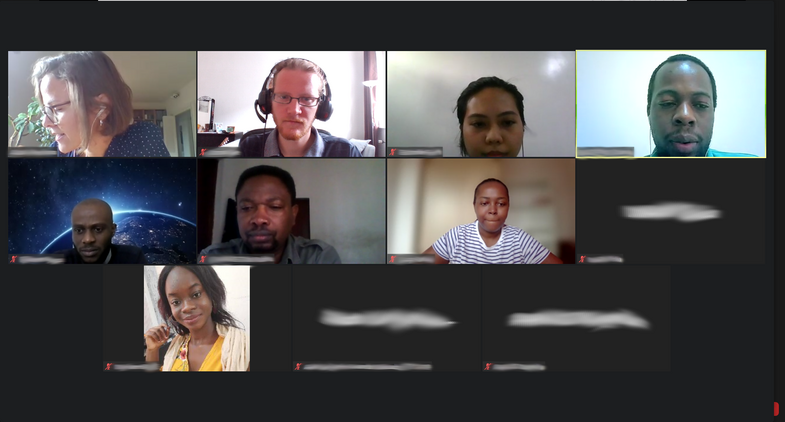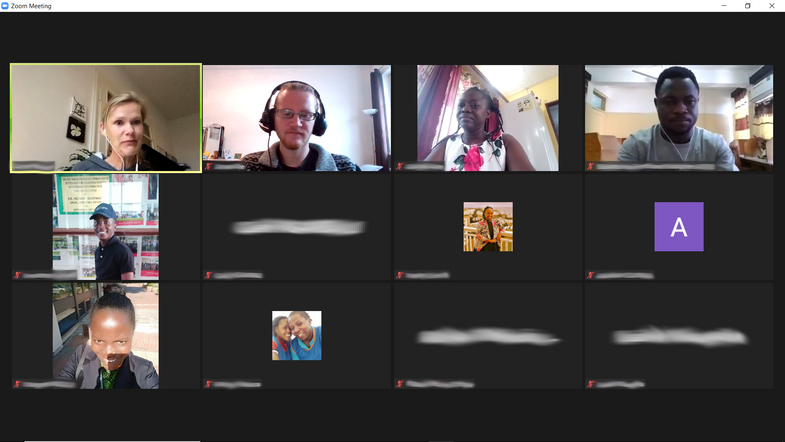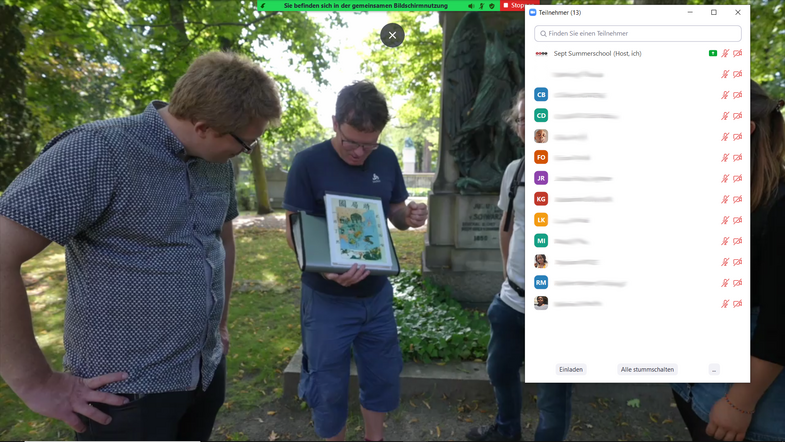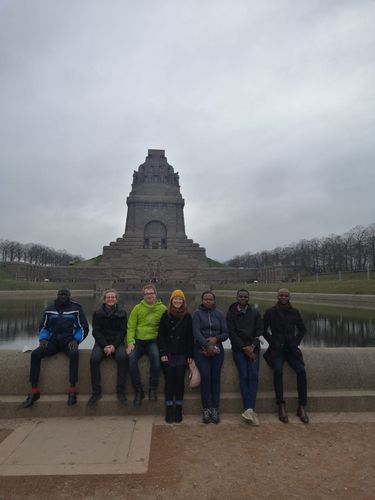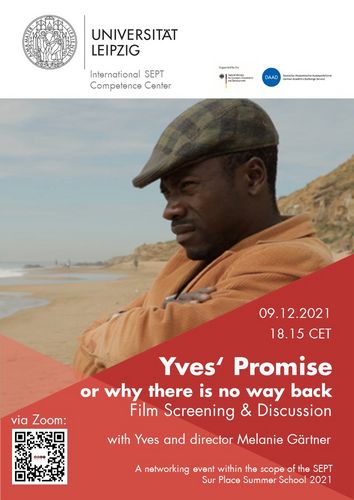It was the second year in a row that the summer school was held in a digital format due to the ongoing pandemic. But according to the participants’ feedback, it was “really insightful and well organized”, and the courses and activities were both “resourceful and fun”.
During the first months of the year, an initiative off from the 2020 summer school – the research colloquium – developed into a monthly exchange about the participants’ own research, supplemented with the additional input from an invited expert. It was later also joined by participants of the 2021 summer school.
The month of June saw the first workshop phase for the new 2021 cohort. The focus was on the basics of project development, such as innovation management and the business model canvas. It was followed by a phase of individual coaching to advance the participants’ respective projects.
In September, the rescheduled second workshop phase for the 2020 cohort took place. The first week was about research methods and scientific writing – solid foundations for projects that develop out of academia. In the second week, the participants were trained in teaching methods to transfer their knowledge on project development in their respective academic contexts.
In October, the second workshop phase for the 2021 cohort had a slightly different focus: The participants learnt different ways to present their projects to potential partners, whether in the form of an elevator pitch, a grant proposal, or a video.
Participants had the chance to get to know each other in a different setting during leisure activities like sports, improv theatre, digital gaming afternoons, and variety nights. Other activities like a fairy tale workshop, cooking sessions, film screenings, and digital city tours allowed for some exposure to German culture, history, and geography. This was widely appreciated, even though “for this school to be perfect, it must be in Leipzig itself, not online,” as one participant wrote.
Visiting Leipzig in person was possible for four participants from 2020 who were on a research stay or internship in Germany this year. The meeting took place in November. One advantage of the digital format was that it allowed for the co-development of open educational resources, like e-learning courses published on atingi or an interactive tour on Berlin’s colonial history.
From the year 2022 onwards, the summer school will be renamed IDEAS (innovators, doers and entrepreneurs [at] summer school). The application period is scheduled to start in January. All current holders of a DAAD In-Country/In-Region Scholarship are kindly invited to apply. Further information will soon be available on the SEPT website.






























































